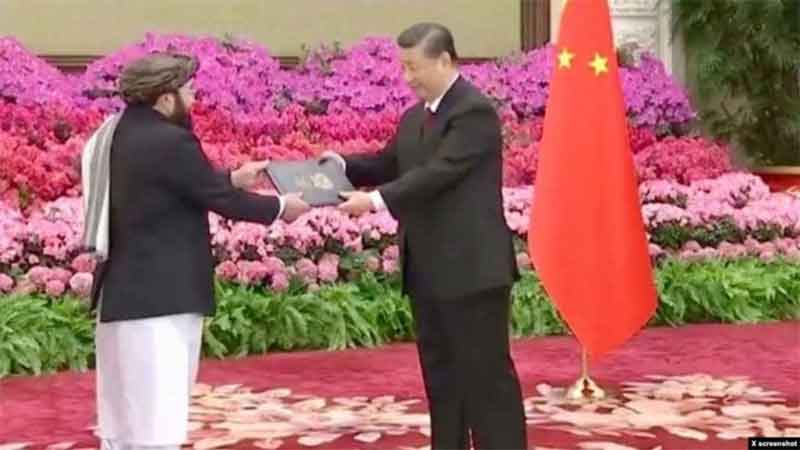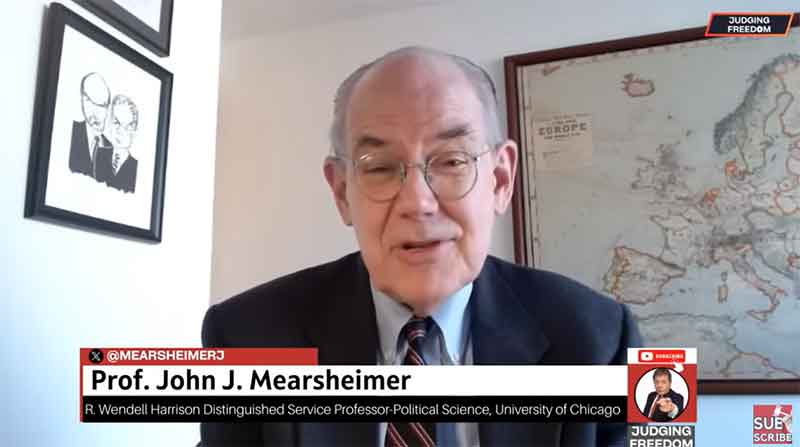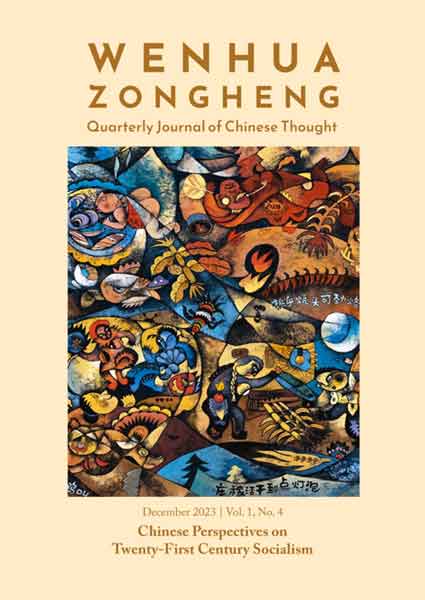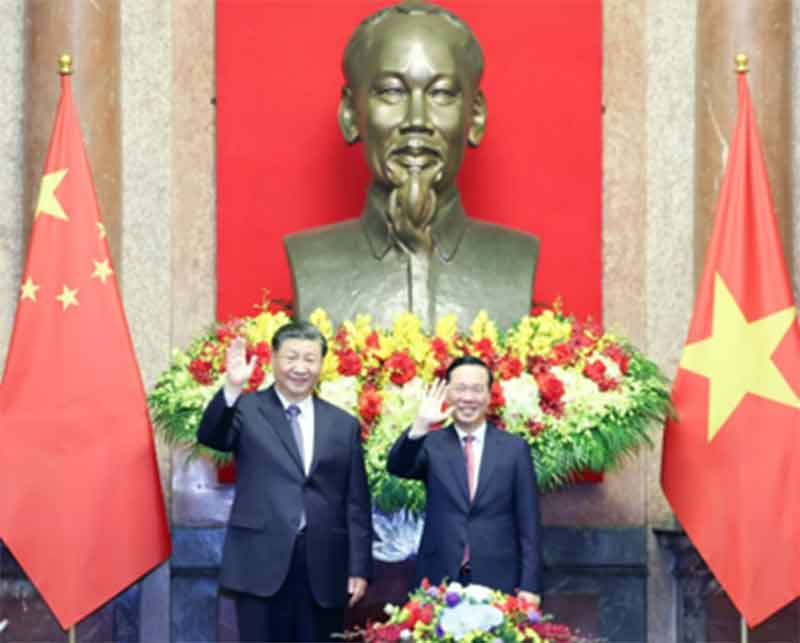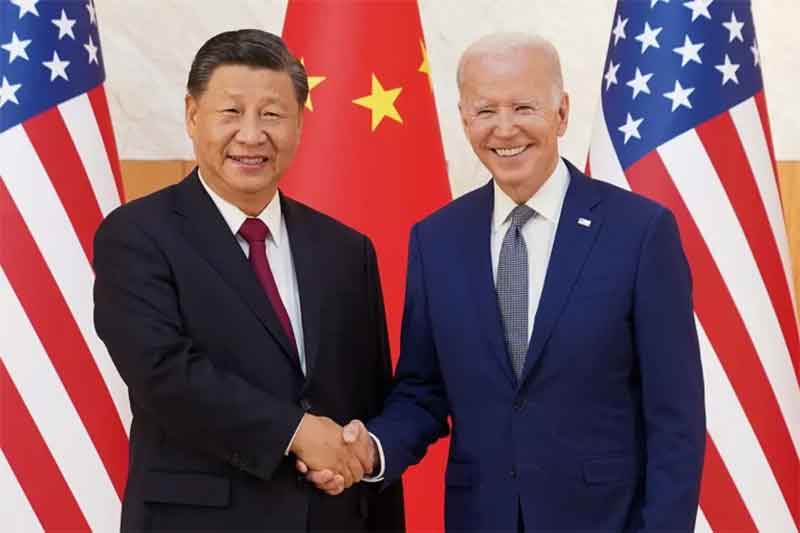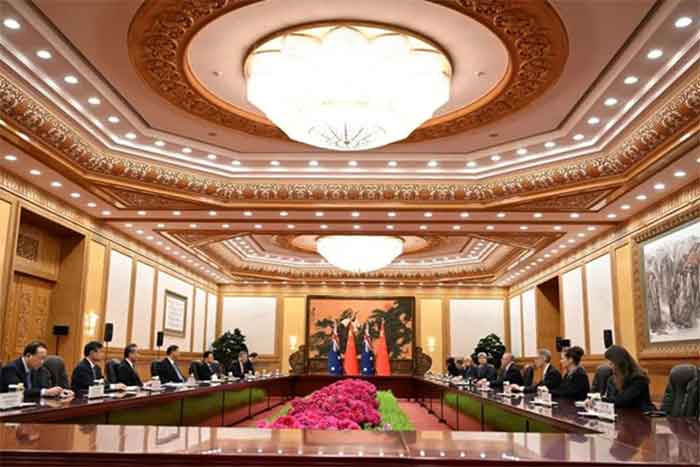
China-Australia relations are improving with plans to restart of annual meetings between the two sides, and to strengthen communication, deepen trust, expand practical cooperation.
A Bloomberg report said:
Australia’s Prime Minister Anthony Albanese sat down with China’s Premier Li Qiang in Beijing Tuesday for the final meeting on a trip that underscored just how much relations between the two key trading partners have improved over the past 18 months.
The talks effectively mark the restart of annual meetings between the two sides, Chinese Premier said, according to a readout from the Australian government. China is prepared to work with Australia to strengthen communication, deepen trust, expand practical cooperation and properly manage differences, according to the statement.
In response, Albanese emphasized that it was important for all Chinese restrictions on Australian exports to be removed, and discussed how the two nations could cooperate while also managing differences.
“The full resumption of free and unimpeded trade between our two countries is so important,” Albanese said. “Where there is geostrategic competition, we must all manage it carefully, through dialogue and through understanding. Australia will hold firm to our interests and values, as all countries do.”
Commerce between the two nations totaled about $223 billion last year, making China Australia’s biggest trading partner by far.
“Today Premier Li and I had very constructive dialogue, building on the relationship that we’ve helped to build,” Albanese said in a press conference from the Great Hall of the People before he left for a gathering of Pacific Island leaders. This visit has helped to “stabilize the relationship” that is important for Australia’s economy and security as well as stability in the region, he said.
Albanese’s meeting with Li marked the culmination of his four-day visit, a highly-symbolic trip which caps off more than a year of domestic efforts to reverse the previously chilly relationship between Canberra and Beijing. The turnaround happened faster than many anticipated.
The Australian prime minister invited Chinese President Xi Jinping to visit Australia after a warm meeting between the two leaders in Beijing on Monday. Albanese and Xi discussed the resumption of full trade relations and joked about pandas and Tasmanian devils. Xi returned the invitation for Albanese to visit China again in the future.
It was the first meeting on Chinese soil between Xi and an Australian prime minister since 2016, sealing a rapid warming in diplomatic relations following the election of Albanese’s center-left Labor government last year.
The visit has largely focused on relationship building between the Chinese and Australian leadership rather than concrete outcomes. At a press conference after the Xi meeting, Albanese said he raised the case of detained Australian writer Yang Hengjun, who has been held by China for more than four years.
In a joint statement, the two sides agreed to resume the annual leaders’ meeting and other bilateral dialogues, as well as increasing cooperation on climate change and trade. There was no mention in the statement of the Comprehensive and Progressive Agreement for Trans-Pacific Partnership, a trade deal that Australia is a member of and that China wants to join.
Trade Accord
Albanese said Xi mentioned China’s application to join the Comprehensive and Progressive Trans-Pacific Partnership, a wide-reaching trade agreement that Australia is a member of, and which requires all signatories to approve new entrants.
Relations between China and Australia had rapidly deteriorated in recent years as a result of factors on both sides. As China took a more assertive position internationally, Australia banned technology giant Huawei Technologies Co. from its national 5G rollout and undertook legal changes to crack down on foreign political interference that were viewed as targeting Beijing.
The nadir came after then-Prime Minister Scott Morrison in 2020 called for an investigation into the origins of Covid-19, infuriating Beijing. In return, the Chinese government put in place punitive trade actions on Australian exports to China including on barley, wine and coal.
China Ready To Move
A Reuters report said:
Xi Jinping said on Monday stable ties between China and Australia served each other’s interests and both should expand cooperation, sending a clear signal that China was ready to move on from recent tensions.
China is willing to work with Australia to further strengthen dialogue, deepen mutual trust, properly handle differences and make cooperation the main feature of bilateral ties, Li told Albanese.
“The potential for cooperation between China and Australia is enormous,” Li said.
China’s October imports from Australia grew 12% from a year earlier to $11.96 billion, Chinese customs data showed on Tuesday, accelerating from the 4.9% increase in September.
From January to October, Chinese imports rose 8.4% to $128.76 billion. Last year, imports from Australia dived 12.7% to $142.1 billion.
Albanese said he had used the four-day visit to advocate for Australia’s interests in trade, human rights, regional and global issues.
“While there are differences between us, both Australia and China benefit from cooperation and dialogue,” Albanese said.
Among differences between the two countries is Beijing’s growing security ties with Pacific island nations, while Australia’s QUAD partnership with the U.S., India and Japan in the Indo-Pacific has stoked China’s worries about containment.
On Monday, Xi had warned in his meeting with Albanese against “bloc politics”.
China was “ready to carry out more trilateral and multilateral cooperation with Australia to support South Pacific countries in enhancing development resilience, addressing climate change and other challenges”, Xi said.
Albanese travels from China to the Cooks Islands on Tuesday to attend the Pacific Islands Forum, an annual meeting of leaders of a region where the United States and its allies have stepped up competition with China for influence. Security ties should be kept within the region, he told reporters.
Albanese, in his remarks to Li, stressed the importance of managing rivalries.
“Where there is geostrategic competition, we must all manage it carefully, through dialogue and through understanding,” he said.
In a statement after the meeting, Albanese did not mention key points of difference with China – including tensions in the South China Sea, and the AUKUS defence technology partnership with the U.S. and Britain to sell nuclear-powered submarines to Australia.
An AP report said:
A joint statement said the countries agreed to resume an annual leaders meeting.
Ties have improved in the past year, and China has lifted some trade restrictions, which are estimated to have cost Australian exporters up to 20 billion Australian dollars ($13 billion) a year. China has been a major market for Australia in a range of goods including coal, wine, beef, barley and lobsters.
Australia’s parliament banned covert foreign interference in domestic politics, a move sparked by suspicion of Chinese interference. Soon after, the government banned Chinese-owned telecommunications giant Huawei from rolling out its 5G network in Australia due to unspecified security concerns.
China was angered by Australia’s call for an inquiry into the origins of the COVID-19 virus and the country’s deepening security ties with the United States, notably the AUKUS agreement that also includes Britain and will provide Australia with submarines powered by U.S. nuclear technology.
Albanese, who has acknowledged differences with China throughout his trip, named climate change, food security and transnational crime as areas in which the two nations can cooperate.
Li said China is ready to strengthen cooperation in energy and mining and in new areas such as green development, the digital economy, scientific and technological innovation and the health industry, Xinhua reported.
He called for avoiding the politicization of economic and trade issues and “overstretching the concept of security” to those areas, Xinhua said.
Ahead of Albanese’s visit, Australian journalist Cheng Lei was released in October after three years in detention in China under charges of espionage, a case that became a focal point in the tensions.
Albanese finished his China visit on Tuesday and headed to the Cook Islands, where he will join a leaders meeting of the Pacific Islands Forum to discuss climate change and other issues.
Significant Progress
A BBC report said:
Albanese says there has been “significant progress” in relations with China after talks with President Xi Jinping in Beijing.
Welcoming Albanese to the Great Hall of the People, President Xi said China and Australia stood to become “trusting partners” and were on the “correct path of improving and developing relations”, state broadcaster CCTV said.
Xi told Albanese that Beijing hoped to “fully develop the potential of the China-Australia free trade agreement”.
Ahead of their talks, Mr Albanese had told reporters: “We need to co-operate with China where we can, disagree where we must and engage in our national interest. I think there are promising signs. We’ve already seen a number of the impediments to trade between our two nations removed and an uplift already, substantial uplift, in the trade between our two nations.”
His trip coincides with the 50-year anniversary of Gough Whitlam’s iconic visit to China to meet Mao Zedong in 1973, marking the first trip by an Australian prime minister after the establishment of diplomatic ties.
Asked by reporters if Australia can “trust” China, Albanese said his past engagements with Xi had been “positive” and “constructive”.
“But we recognize, as well, that we come with different political systems, very different values arising from that and different histories. But we deal with each other on face value.”
However, a list of sticking points and security concerns hangs over Monday’s talks.
Canberra’s growing military ties with Washington and a recent overhaul of its defence posture – widely seen as aimed at countering China – could make it difficult for the two sides to find common ground apart from economic interests, analysts say.
Some experts predict Beijing could push for greater access to Australia’s resources and renewable energy sectors, but in recent years, the Australian government has taken measures to inhibit Chinese ownership of critical minerals and mining projects.
Albanese told reporters Russia’s invasion of Ukraine and conflict in the Middle East had been raised at the meeting – but the “14 grievances” China held with Australia when diplomatic ties were at their lowest point were not. “I spoke about guardrails and military-to-military co-operation between the United States and China; that is important,” Albanese said.
An AFP report said:
Albanese said: “China is our most important trading partner. “It represents more than 25 percent of our exports, and one in four of our jobs relies upon our trade. So it’s an important relationship.”
The Australian prime minister has previously acknowledged the need to remain “clear-eyed” about the differences between the two countries, and has aired his view that they are not strategically aligned.
“We need to cooperate with China where we can, disagree where we must, and engage in our national interest,” he said Monday.
But analysts say high-level meetings this week will see Beijing project itself as a “benevolent and benign partner” welcoming a wayward friend back to the fold.
China’s transformation into an economic superpower created huge demand for Australian exports like iron ore, coal and gas.
And that helped Australia weather global recessions, while underpinning decades of uninterrupted growth.
It also led to strong cross-cultural exchanges – with 5.5% of Australia’s population today having Chinese ancestry.
Australia criticized Beijing’s crackdown on Hong Kong protesters, and led calls for an independent investigation into the origins of Covid-19, triggering a period of what then leader Scott Morrison termed “economic coercion” by Beijing.
At the time, China’s foreign ministry spokesman Zhao Lijian said: “We will not allow any country to reap benefits from doing business with China while groundlessly accusing and smearing us.”
When Albanese came to power in 2022, both Australia and China saw an urgent need for a thaw in relations, analysts say.
Since then, Australia has swapped “poking Beijing in the eye and kicking it in the shins because it feels good” with a stated policy of “stabilization”, University of Sydney historian James Curran says.
Albanese’s trip to Beijing came hot on the heels of his US state visit.
“Trust but verify” was U.S. President Joe Biden’s parting advice when asked whether Australia could continue to “do business” with Beijing in the current security climate.
Albanese has tried to position his meeting with President Xi as a chance to “build in guardrails” and help to avoid a miscalculation between two massive militaries.
“It is in Australia’s interest, as well as China – but, I believe, in the global interest – for us to have a relationship where there is dialogue,” he said at the White House last week. “Through dialogue comes understanding and a defusion of tension.”
A BBC report said:
There are ongoing debates about influence in the Pacific Islands region, where Australia has long tried to play a leadership role. A recent Chinese security pact with the Solomon Islands prompted panic in Canberra.
On China’s side, a landmark overhaul of Australia’s defence posture – which resulted in a commitment to buy long-range missiles – has not gone unnoticed either.
Nor has the deepening of US-Australia military ties, as Beijing continues to assert its claims over the South China Sea and Taiwan.
But the “mutual benefit” need that Whitlam articulated in 1973 has not changed, which leaves Australia walking a familiar diplomatic tightrope.
What Canberra will try to avoid, for now at least, is another period of silence.

